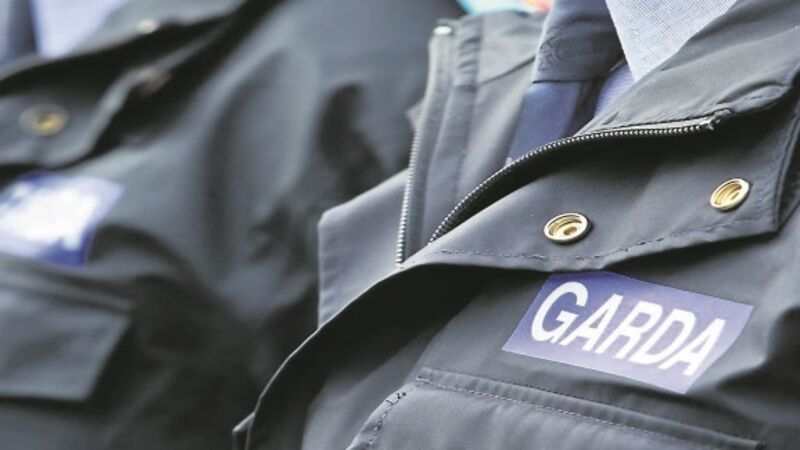Claims suggest worse-than-imagined ‘whistleblower reprisal’

The Morris tribunal was explicit about the whole concept of what is known as “whistleblowing”. Morris was set up to examine widespread Garda corruption in Donegal during the 1990s.
Judge Frederick Morris concluded in 2006 that much of what had occurred might have been avoided if the concerns of junior officers had been acted on at an early stage. He saw this failure as key to the mayhem that followed in elements of the force in Donegal.















